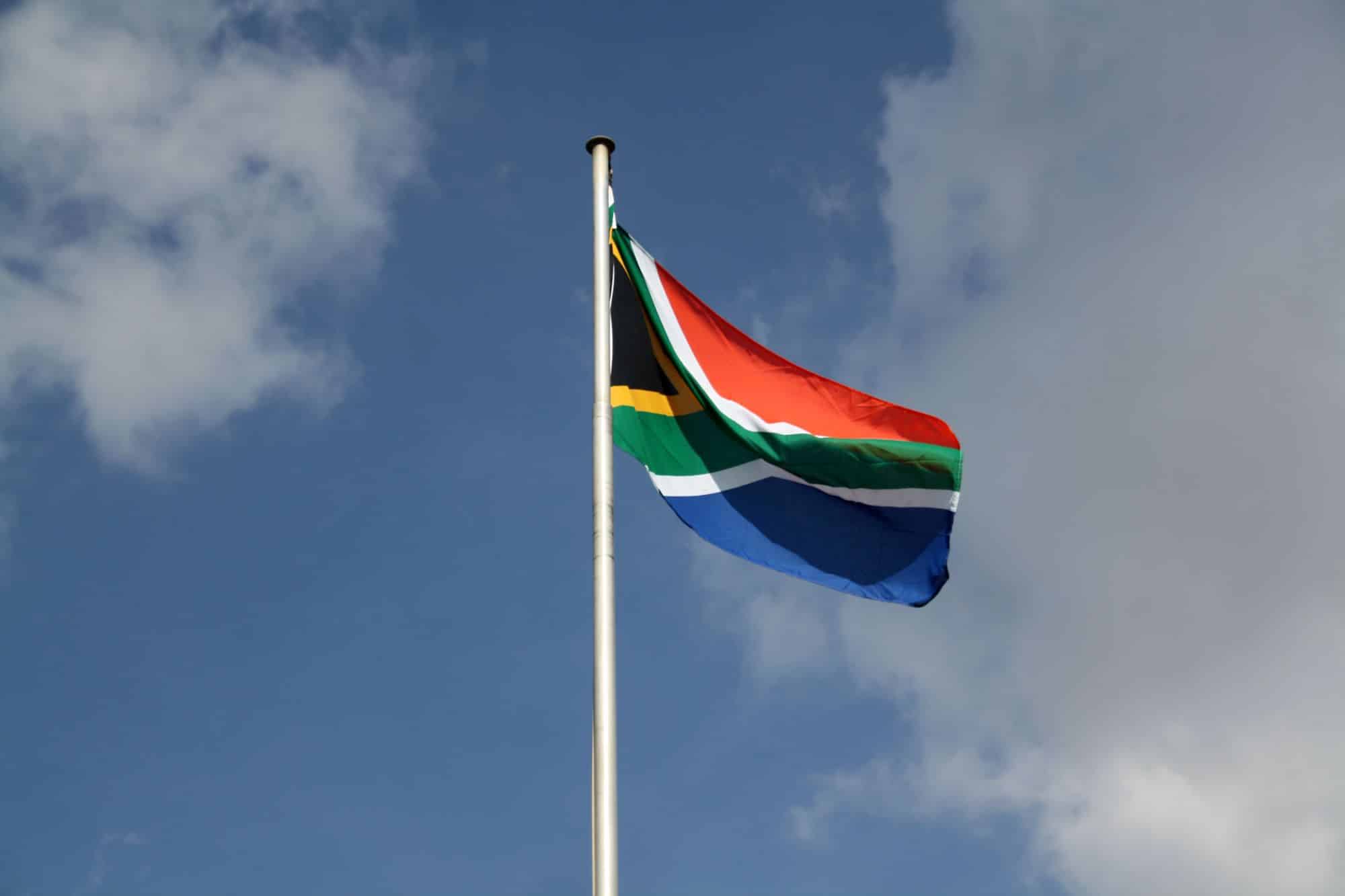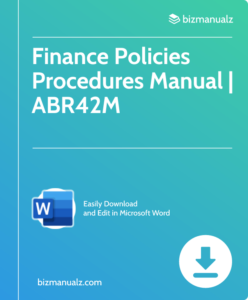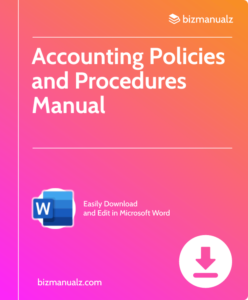What are Commonly Followed Accounting Rules and Standards in South Africa?

In South Africa, accounting rules are followed to keep financial records accurate and transparent. These guidelines are heavily influenced by the International Financial Reporting Standards (IFRS) – a global framework for consistent financial reporting. In addition, South Africa had its own set of standards called the South African Statements of Generally Accepted Accounting Practice (SA GAAP). What are commonly followed accounting rules and standards in South Africa?
Accounting Rules in South Africa
Accounting practices in South Africa are governed by a set of standards and rules. These guidelines ensure transparency, accuracy, and consistency in financial reporting. Let’s explore the accounting principles commonly followed in South Africa.
Audited financial statements are also a requirement in South Africa. This helps ensure that and independent auditor has checked and verified the company’s financial reports, adding credibility and reliability.
The Enron scandal of 2001 showed how important it is to stick to proper accounting rules. Enron manipulated its financial statements to fool investors and eventually ended up in bankruptcy. This put into motion worldwide changes in accounting regulations.
To avoid similar occurrences, South Africa takes accounting rules and standards seriously. This helps companies keep trust with stakeholders and contributes to a healthy economy. Overall, following the IFRS and SA GAAP ensures accurate financial reporting, trust, and a stable economic environment.
However, it has been decided to withdraw SA GAAP in order to lessen the burden of publishing each IFRS standard as SA GAAP. Therefore, SA GAAP will no longer be applicable for financial years beginning on or after December 1, 2012.
Accounting Rules in South Africa
| Standard | Description |
|---|---|
| IFRS (International Financial Reporting Standards) | These standards provide a global framework for creating and displaying financial reports. They ensure consistency across different countries and industries. |
| ISQC 1 (International Standard on Quality Control 1) | This standard covers requirements for firms to set up and maintain quality control systems for their assurance practices. It focuses on ensuring auditors adhere to ethical standards, professional skepticism, and independence. |
| IAS (International Accounting Standards) | Although not being issued or updated by the International Accounting Standards Board (IASB), several older IASs are still applicable in South Africa until they are replaced by IFRS. |
In addition to these accounting standards, South Africa has regulatory bodies that monitor financial reporting practices. The Companies and Intellectual Property Commission (CIPC) is responsible for checking if reporting requirements under the Companies Act are met.
Staying up to date with the accounting rules is essential for businesses in South Africa. Adhering to the prescribed standards not only guarantees accurate financial reporting, but also creates trust among stakeholders, shareholders, and potential investors.
Don’t miss out on staying informed about the latest regulations! Abide by South African accounting rules to avoid penalties, legal consequences, and missed business opportunities. Adopt these standards to demonstrate your commitment to transparency and accountability in financial matters.
Regulatory Bodies: Where accountants go to receive their annual dose of joy and excitement – lengthy discussions on financial reporting standards!
Regulatory Bodies
Regulatory bodies are essential for overseeing accounting rules and standards in South Africa. They guarantee compliance and uphold the accuracy of financial information. Check out some of these key regulators:
| Regulatory Body | Description |
| Financial Sector Conduct Authority (FSCA) | An independent body for regulating and monitoring financial markets, including accounting practices. |
| The South African Institute of Chartered Accountants (SAICA) | A professional organization that sets accounting standards, supports auditing, and regulates its members to keep high ethical standards. |
| The Independent Regulatory Board for Auditors (IRBA) | An autonomous organization that oversees auditors’ registration, quality control, and conduct to ensure public trust in audit services. |
Plus, there are extra regulatory institutions with a focus on certain industries. For example, the South African Reserve Bank (SARB) monitors banks and checks their compliance with accounting regulations. The National Treasury also plays a key role by giving guidance on financial reporting matters.
To improve the effectiveness of these regulatory bodies, we suggest:
- Regular collaborations between different regulators to create a comprehensive approach towards monitoring accounting standards across all sectors.
- Transparency through open forums and discussions with stakeholders to create trust in regulatory processes.
- Continuing professional development programs for accountants and auditors to keep them up to date with evolving regulations.
By following these suggestions, the regulatory bodies can reinforce their oversight functions and help maintain accounting practices’ integrity in South Africa. Accounting standards – because numbers have rules too, and we’re here to make sure they stick to them.
Key Accounting Standards
Here’s a table of some key accounting standards used in South Africa:
| Standard | Description |
|---|---|
| IFRS | International accounting standards for listed companies |
| Companies Act | Accounting requirements for companies, by law |
| King Code | Ethical corporate governance guidelines |
These are not exhaustive. There may be other standards specific to and industry or company. To stick to these standards, review and update financial policies and procedures regularly. Get help from accountants or auditors to deal with any complexities.
Pro Tip: To stay compliant, keep up-to-date with changes in accounting standards. Monitor updates from regulatory bodies and get expert advice. Don’t worry, IFRS and SA GAAP can work together!
Differences between IFRS and SA GAAP
Understanding SA GAAP (Generally Accepted Accounting Practice) rules and standards in South Africa is critical for businesses running operations in the country or dealing with South African companies. Deloitte’s “IFRS compared to local generally accepted accounting principles (GAAPS) – 2019 Country Snapshots” states that South Africa mainly follows IFRS (International Financial Reporting Standards). Thus, keeping up with the latest developments in the accounting world is essential.
Let’s take a closer look at the table below to give a thorough overview of the differences between IFRS and SA GAAP:
| Aspect | IFRS | SA GAAP |
|---|---|---|
| Recognition | principle-based | rule-based |
| Consolidation | control-focused | ownership-focused |
| Revenue recognition | performance-based | risk and reward-based |
| Leases | detailed guidance | less prescriptive |
| Asset valuation | fair value emphasis | historical cost-driven |
Analyzing the table above, we can see that IFRS is more principle-based, whereas SA GAAP is more rule-based. This affects various accounting areas such as recognition criteria, consolidation procedures, revenue recognition methods, leases treatment, and asset valuation approaches.
Additionally, SA GAAP puts more emphasis on ownership when considering consolidation requirements, compared to IFRS’ focus on control. Moreover, IFRS highlights performance obligations in contracts for recognizing revenue, while SA GAAP takes into account both risk and reward associated with transactions.
Recent Changes in Accounting Rules
Changes in accounting rules and standards are inevitable. What are the most recent changes in South Africa? Let’s take a look.
We’ll start with a table that summarizes recent changes. This will give us a clear overview of the modifications.
| Recent Changes in Accounting Rules |
|---|
| IFRS 9 – Financial Instruments |
| IFRS 15 – Revenue from Contracts |
| IFRS 16 – Leases |
Recently, South Africa has adopted various International Financial Reporting Standards (IFRS). These include IFRS 9, which focuses on financial instruments; IFRS 15, regarding revenue from contracts; and IFRS 16, which deals with leases.
These new standards have brought about big changes for businesses in South Africa. They must now review their financial reporting practices and make sure they comply with the regulations.
To stay on top of things and avoid penalties, organizations must learn these new accounting rules. This way, they can ensure accurate financial reports and maintain transparency.
Accounting Rules and Standards in South Africa
The talk about accounting rules in South Africa has shone a light on the key regulations for financial reporting. These range from Generally Recognized Accounting Practices (GRAP) to International Financial Reporting Standards (IFRS). The South African Institute of Chartered Accountants (SAICA) and the Independent Regulatory Board for Auditors (IRBA) are among the bodies that implement these standards.
Companies must also stick to laws like the Companies Act of 2008 and the Public Finance Management Act. Adhering to these accounting rules is not only about following the law, but also about gaining the trust of stakeholders and keeping the economy stable. A particular feature of accounting in South Africa is the convergence between GAAP and IFRS.
This means that local accounting policies are adjusted to match up with international standards, to make financial statements consistent and comparable all over the world. South Africa is involved in the standard-setting process, working with bodies like the International Accounting Standards Board (IASB).
Be aware that the presented information about accounting rules in South Africa is based on general knowledge and may not include all requirements or recent changes. If you need accurate and up-to-date info, it’s best to talk to professional accountants, regulatory authorities, or legal advisors.
Frequently Asked Questions

1. What is the primary accounting standard used in South Africa?
The primary accounting standard used in South Africa is the International Financial Reporting Standards (IFRS).
2. Are there any specific accounting rules unique to South Africa?
No, South Africa does not have any specific accounting rules unique to the country. It follows the internationally recognized IFRS.
3. Is it mandatory for companies in South Africa to comply with IFRS?
Yes, it is mandatory for companies listed on the Johannesburg Stock Exchange (JSE) and those preparing financial statements for public use to comply with IFRS.
4. Are there any regulatory bodies responsible for overseeing accounting standards in South Africa?
Yes, the regulatory bodies responsible for overseeing accounting standards in South Africa are the Financial Reporting Standards Council (FRSC) and the Independent Regulatory Board for Auditors (IRBA).
5. How often are the accounting rules and standards updated in South Africa?
The accounting rules and standards in South Africa are updated periodically to align with the changes made by the International Accounting Standards Board (IASB) to IFRS.
6. Are small and medium-sized enterprises (SMEs) in South Africa required to follow the same accounting rules as larger corporations?
No, SMEs in South Africa have the option to follow the International Financial Reporting Standards for Small and Medium-sized Entities (IFRS for SMEs) or the full IFRS, depending on their specific circumstances and reporting requirements.

















Leave a Reply